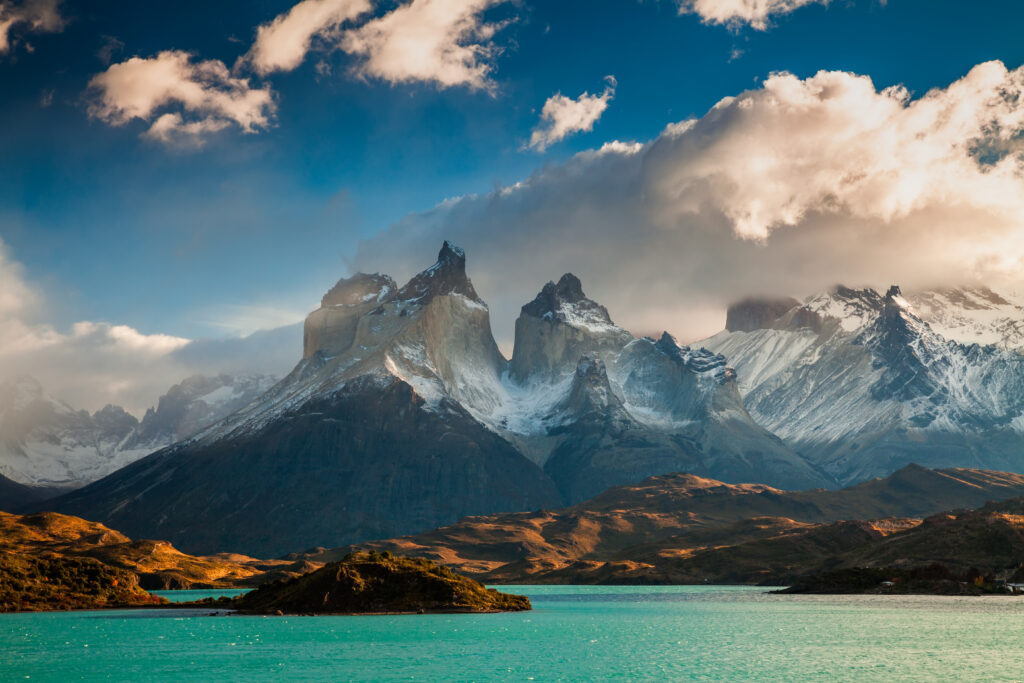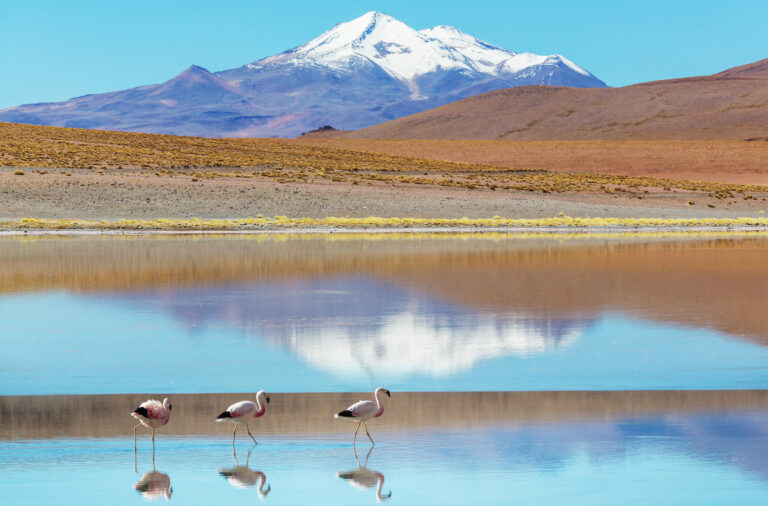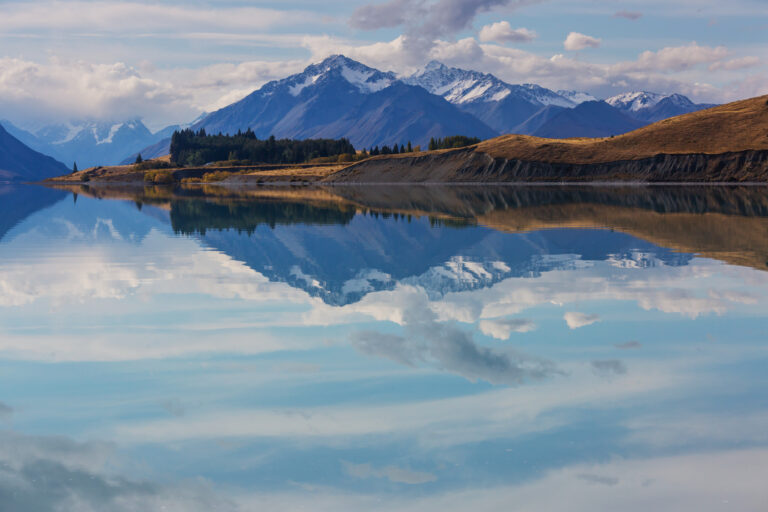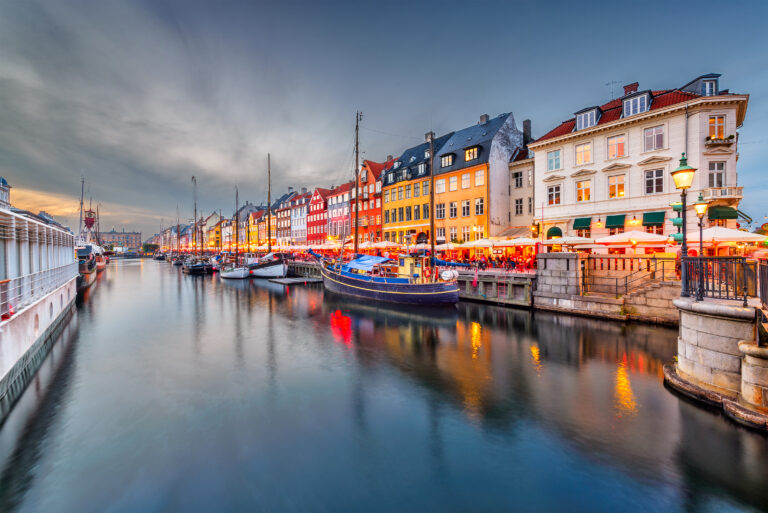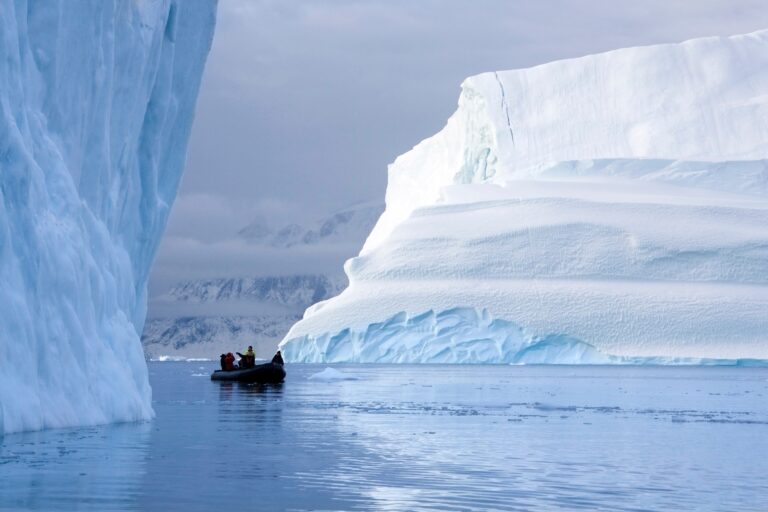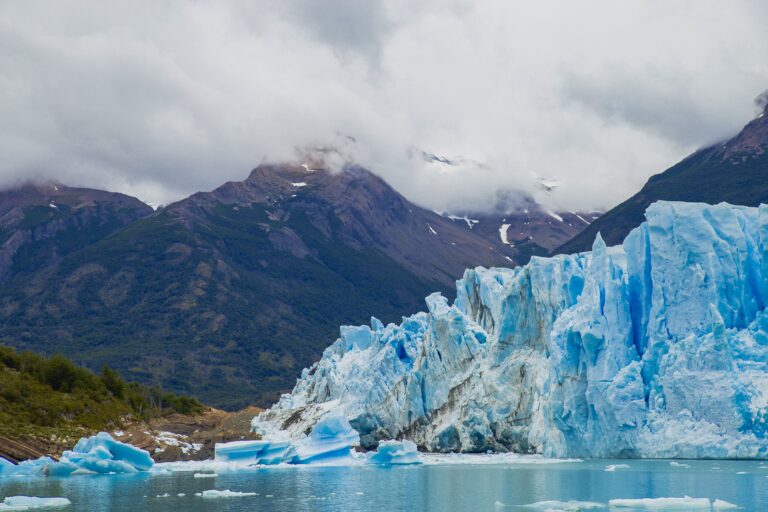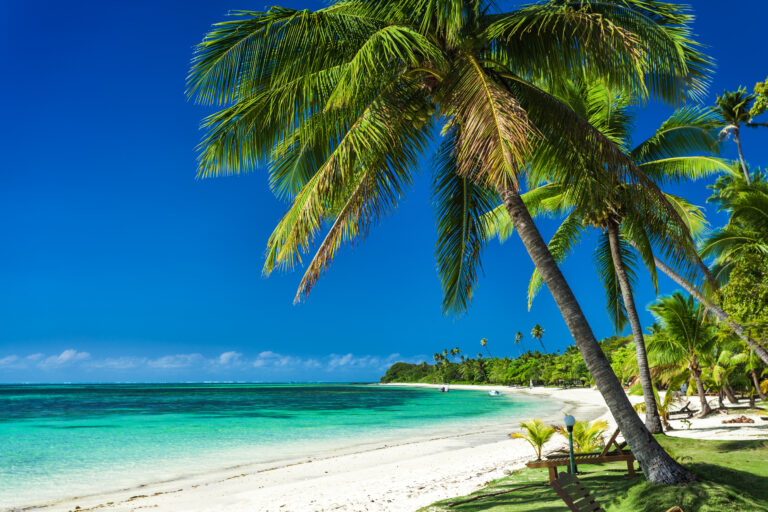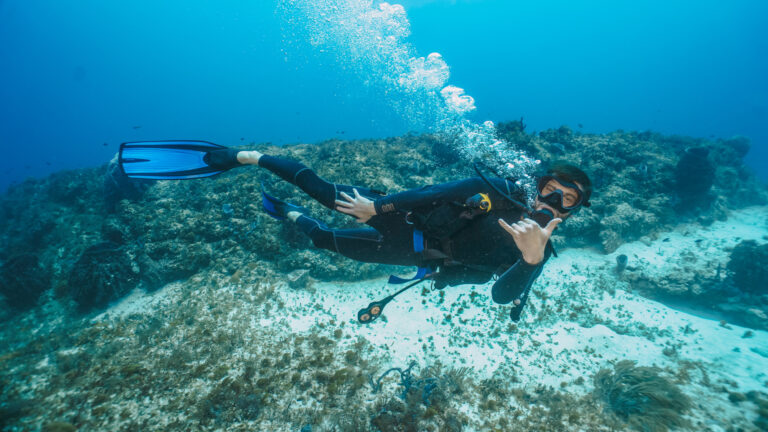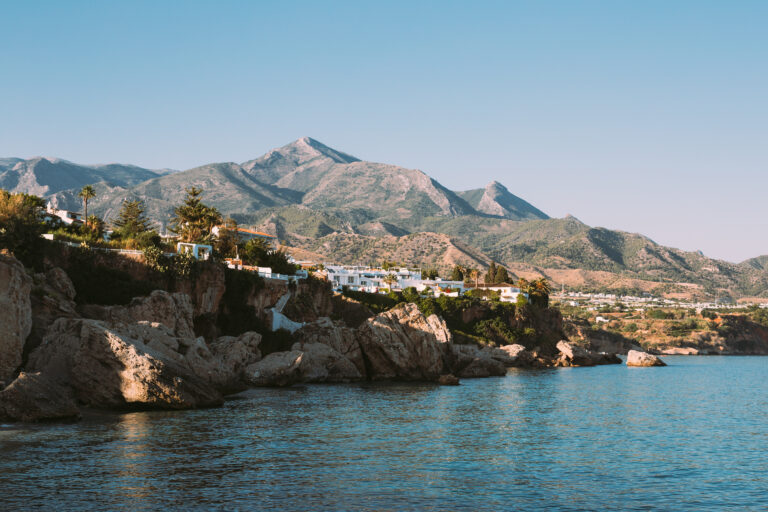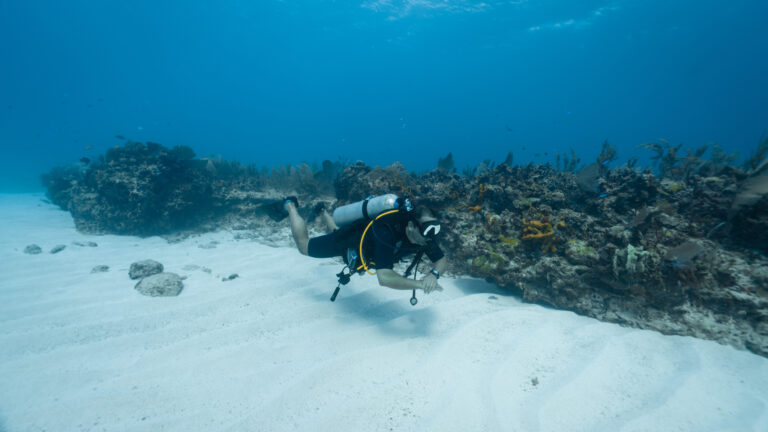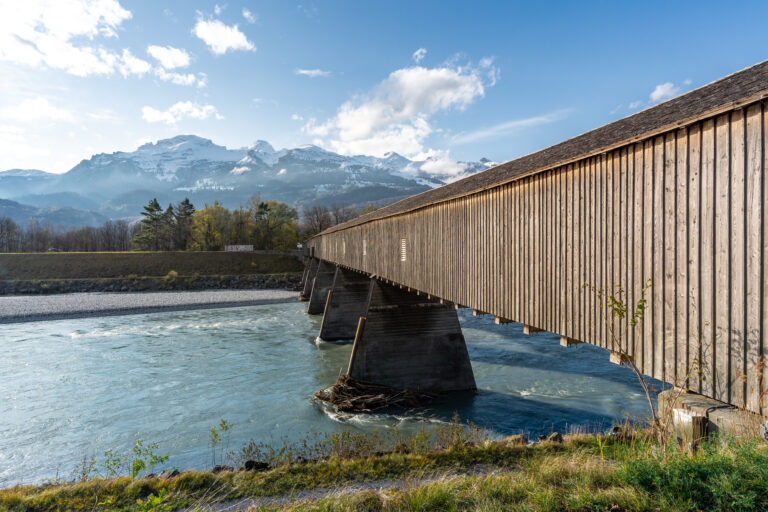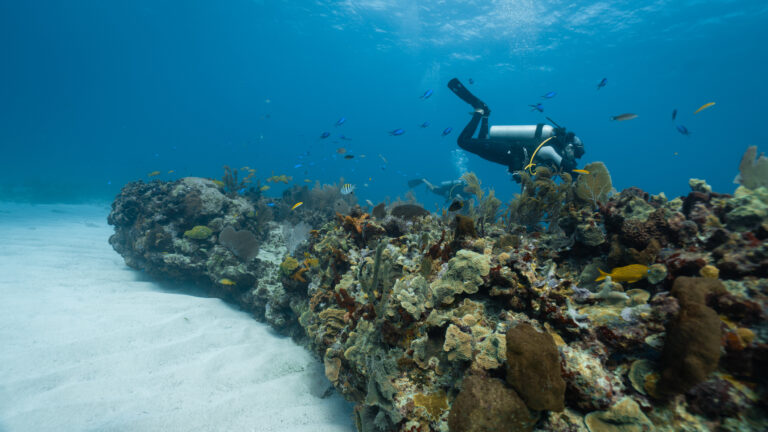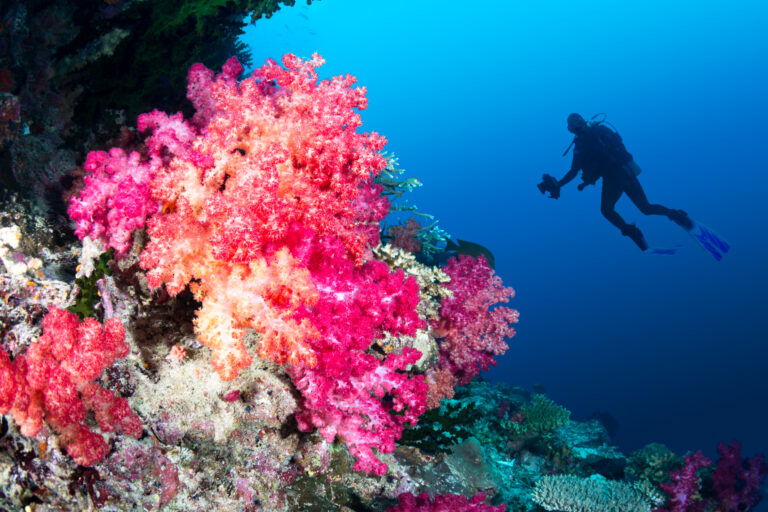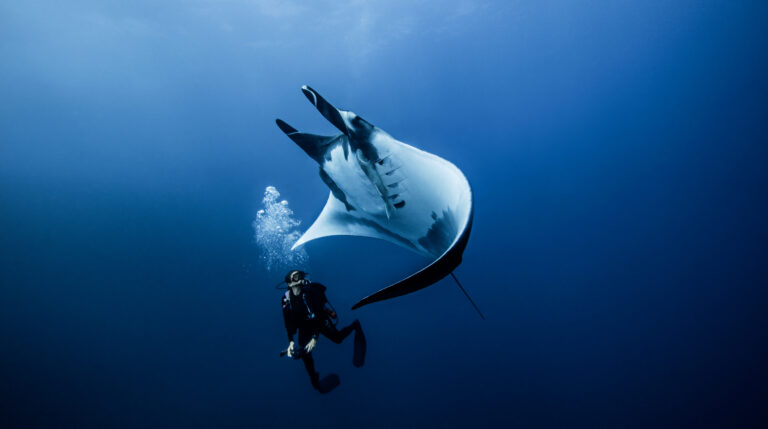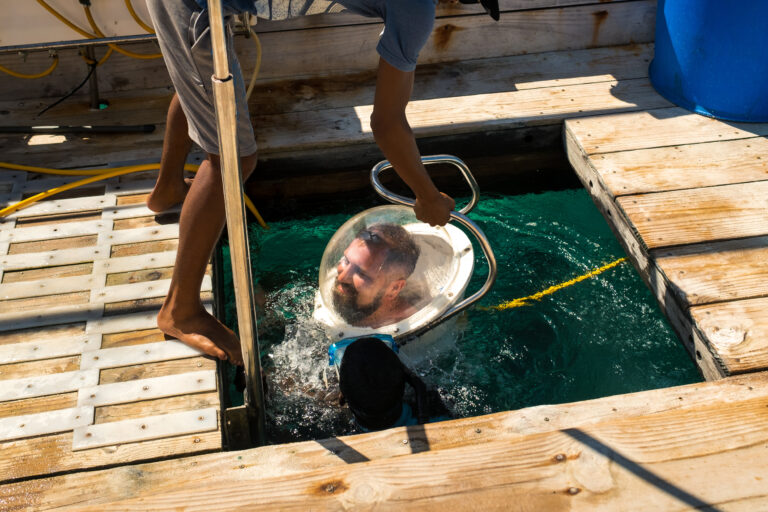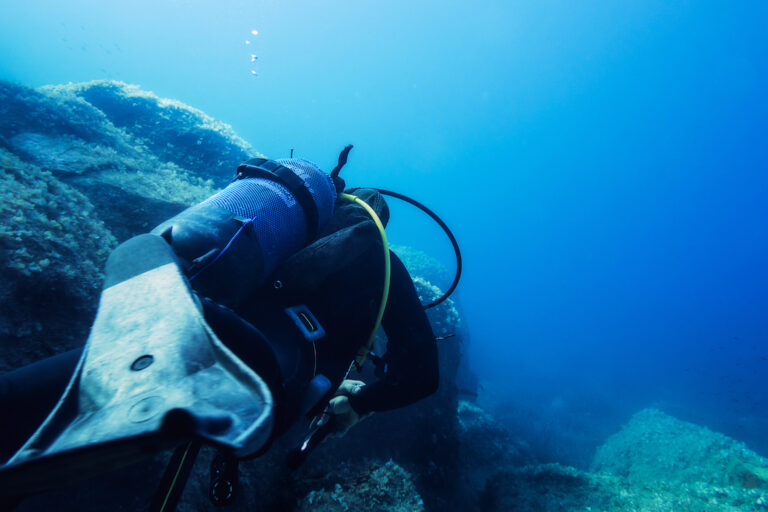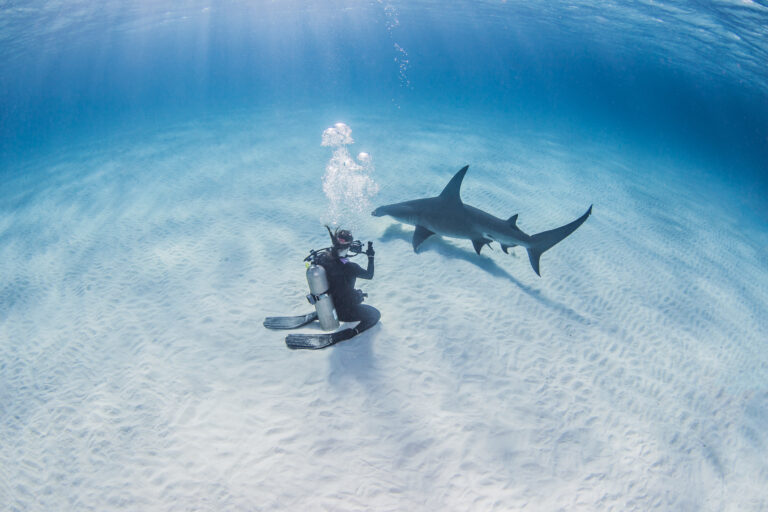SCUBA DIVERS’ TRAVEL GUIDE TO Chile
Chile is a land of contrasts, where the Andes mountains meet the Pacific Ocean, and where ancient cultures coexist with modern cities. Chile offers a variety of scuba diving experiences, from exploring the rich marine life of the cold Humboldt Current, to diving in the crystal-clear waters of the lakes and rivers in the south. Whether you are looking for wrecks, reefs, caves, or penguins, Chile has something for every diver. Discover the beauty and diversity of this South American country, and enjoy its friendly people, delicious cuisine, and stunning scenery. Chile is a scuba diving destination that will surprise and delight you.
LOCATION AND GEOGRAPHY
Chile, a sliver of a nation that stretches along the western edge of South America, offers a unique and diverse scuba diving experience due to its extensive coastline that borders the Pacific Ocean. This geography provides a range of underwater environments, from the warmer, tropical waters in the north near the Atacama Desert, to the colder, nutrient-rich currents of the Southern Ocean that bathe the rugged shores of Patagonia in the south. The country’s coastline extends over 4,300 kilometers, encompassing a variety of dive sites including offshore islands like the remote Easter Island with its clear waters and Moai statues, the Humboldt Penguin National Reserve with its bustling marine life, and the fjords and channels of the Chilean Patagonia, which are teeming with unique underwater flora and fauna. The convergence of the cold Peru Current and the warmer El Niño creates a dynamic and rich marine ecosystem, making Chile a destination that caters to adventurous divers seeking to explore the underwater marvels shaped by its distinct location and geography.
VISA AND ENTRY REQUIREMENTS
Before embarking on your underwater adventure to explore the rich marine life and unique dive sites of Chile, it is essential to ensure that your travel documents are in order. Visitors from most countries, including the United States, Canada, Australia, and the European Union, do not require a visa for tourist stays of up to 90 days. However, a valid passport is mandatory and must be valid for at least six months beyond the date of entry into Chile. Upon arrival, travelers will receive a Tourist Card that must be kept safe, as it is required upon departure. Some nationalities may be subject to a reciprocity fee, which is payable at the international airport. Always check the latest visa and entry requirements with the Chilean consulate or embassy in your home country before your trip, as regulations can change. Keep in mind that if you plan to dive in Easter Island, additional permits may be required due to its status as a special territory.
GETTING TO Chile
Getting to Chile for an unforgettable scuba diving adventure is a journey that will take you to the southwestern edge of South America. International travelers typically fly into the country’s main gateway, Arturo Merino Benítez International Airport (SCL), located in the capital city of Santiago. From there, connecting domestic flights can whisk you away to coastal cities like Valparaíso or further south to Punta Arenas, which is closer to the famed Patagonian dive sites. Overland travel is also an option for those coming from neighboring countries, with well-maintained highways crossing the borders from Peru, Bolivia, and Argentina. Once in Chile, the country’s extensive bus network or car rental services offer flexible means to reach the diverse coastal regions, where the cold waters of the Humboldt Current bring a unique underwater ecosystem to life. Whether you’re planning to explore the historic wrecks off the northern coast, the vibrant marine biodiversity of Easter Island, or the subaquatic wonders of the Strait of Magellan, Chile’s extensive and varied coastline promises a scuba diving experience as rich and diverse as the country itself.
BEST TIME TO DIVE
The best time to scuba dive in Chile’s diverse underwater landscapes largely depends on the region and the type of marine experience you’re seeking. For the northern regions, including the Atacama Desert coastline, diving is accessible year-round, with water temperatures being warmer and visibility peaking during the summer months from December to February. In Central Chile, the prime diving season extends from September to April, offering a comfortable climate and the chance to encounter a variety of pelagic species. However, for the ultimate cold-water diving adventure, head to the Southern fjords and Patagonian channels, where the Austral summer months of December through March provide the most favorable conditions. During this period, the icy waters are at their calmest, and the daylight hours are extended, allowing divers to explore the unique sub-Antarctic marine ecosystems and to witness the rich biodiversity, including the possibility of spotting endemic species and even the occasional whale. Regardless of the time of year, diving in Chile requires a good quality wetsuit or drysuit due to the generally cooler water temperatures.
ACCOMMODATION OPTIONS
In the rugged and diverse landscape of Chile, scuba diving enthusiasts will find a variety of accommodation options to suit their preferences and budgets. From the northern reaches with the world’s driest desert to the glacier-fed fjords of the south, Chile offers a range of stays including eco-lodges, boutique hotels, and dive resorts specifically catering to underwater adventurers. In the north, near the rich waters of the Humboldt Current, divers can stay in coastal towns like Iquique, where accommodations often provide gear rentals and easy access to dive sites. Moving south to the central coast, cities like Valparaíso offer a more urban experience with a mix of historic and modern lodging options. For those venturing to the remote and pristine dive spots of Patagonia, accommodations become more intimate, with lodges and cabins nestled in the scenic wilderness, often including full-board options and guided dive excursions. Regardless of the region, Chile’s accommodations are poised to provide comfort and convenience, ensuring that divers can relax and rejuvenate after exploring the country’s underwater marvels.
DIVE OPERATORS AND DIVE SHOPS
Chile’s rugged coastline and remote islands offer a unique underwater experience, and the country’s dive operators and shops are well-equipped to guide you through these diverse aquatic landscapes. From the icy waters of Patagonia, where divers can explore fjords and encounter marine life adapted to the cold, to the warmer northern seas that boast colorful coral and a variety of fish species, Chilean dive shops cater to a range of interests and skill levels. In the Juan Fernández Archipelago or Easter Island, divers can delve into crystal-clear waters to witness submerged moai statues and volcanic rock formations. Local dive operators are knowledgeable about the best dive sites, current conditions, and how to safely encounter the local marine life, including the playful sea lions and the elusive Humboldt penguins. They offer equipment rentals, certification courses, and guided excursions, ensuring that whether you’re a novice or an experienced diver, your underwater adventure in Chile will be both memorable and safe. With a commitment to preserving the pristine marine environment, Chile’s dive shops also emphasize eco-friendly practices, making your dive a responsible encounter with nature’s hidden treasures.
TRANSPORTATION WITHIN Chile
Transportation within Chile offers a variety of options to access its diverse scuba diving locations, which are spread along its extensive coastline and on Easter Island. For long distances, domestic flights are the most efficient way to travel between regions, with the main carriers being LATAM, Sky Airline, and JetSmart, connecting major cities like Santiago, Concepción, and Punta Arenas. Once in the coastal areas, rental cars or local buses are practical for reaching specific dive sites. In remote areas, such as Patagonia or Easter Island, specialized dive tour operators often provide transport as part of their packages, which can include boat trips to more secluded spots. For the adventurous diver, renting a camper van can offer the flexibility to explore the rugged coastline at your own pace, with the added bonus of experiencing Chile’s stunning landscapes above water as well. Always ensure that your chosen mode of transport can accommodate your diving gear, and consider the local advice on road conditions and travel times, as distances can be deceiving in this elongated country.
CURRENCY AND PAYMENT METHODS
In Chile, the official currency is the Chilean Peso (CLP), and it is advisable for scuba divers to have local currency on hand for small purchases, park fees, and tips, as some dive shops and local vendors may not accept credit cards. Major cities and tourist destinations often have ATMs where you can withdraw pesos, and credit cards—particularly Visa and MasterCard—are widely accepted in larger dive centers, resorts, and more established shops. However, when traveling to more remote diving locations, such as Easter Island or the fjords of Patagonia, it’s essential to carry enough cash, as banking facilities can be scarce and card transactions less reliable. Always inform your bank of your travel plans to avoid any issues with card usage abroad. Additionally, it’s a good practice to check the exchange rate and commission fees for currency exchange or card transactions, as these can vary and impact your overall budget.
LANGUAGE AND COMMUNICATION
When embarking on a scuba diving adventure in Chile, it’s important to note that Spanish is the official language, and a basic understanding will greatly enhance your experience. While dive operators in popular tourist areas may have English-speaking staff, this is not always the case, especially in more remote locations. Learning key phrases related to diving and general travel can be invaluable for seamless communication with local dive shops, boat crews, and fellow divers. It’s also beneficial to familiarize yourself with specific diving terminology in Spanish to ensure safety and clear understanding during briefings and in case of emergencies. Non-verbal communication, such as hand signals, remains universal among divers; however, confirming the meaning of certain gestures with your dive guide can prevent any potential misunderstandings underwater. Carrying a waterproof dive slate or a set of pre-written phrases can also be a helpful tool for communication while submerged. Embracing the local language and customs will not only enrich your diving experience but also show respect towards the Chilean culture and its people.
LOCAL CULTURE AND ATTRACTIONS
Chile’s diverse and vibrant culture is as captivating as its underwater marvels, offering a rich tapestry of attractions for scuba divers to explore after resurfacing. The country’s long coastline is flanked by the towering Andes and sprinkled with lively cities, quaint fishing villages, and the mysterious moai statues of Easter Island, reflecting a deep indigenous heritage and Spanish colonial history. In the bustling capital of Santiago, you can immerse yourself in a cosmopolitan atmosphere, savoring exquisite Chilean cuisine and exploring the bohemian neighborhood of Bellavista. To the north, the Atacama Desert offers a stark contrast with its otherworldly landscapes and ancient cultures, while the south is home to the enchanting Chiloé Island, known for its unique folklore, wooden churches, and the warm hospitality of its people. Whether you’re sipping on world-renowned Chilean wine in the verdant valleys of the central region, dancing to the rhythm of a traditional cueca, or marveling at the Patagonian wilderness, Chile’s cultural and natural attractions provide an unforgettable backdrop to a scuba diving adventure.
CULTURAL ETIQUETTE AND TIPS
When scuba diving in Chile, it’s important to embrace the local customs and show respect for the rich cultural tapestry that defines this long, diverse country. Chileans are known for their warm hospitality, but also for their expectation of politeness and formality in initial encounters. When meeting your dive guides or local divers, a firm handshake and direct eye contact are customary greetings. It’s polite to address individuals with ‘Señor’ or ‘Señora’ followed by their surname until invited to use first names. Punctuality can be more relaxed in social settings, but do strive to be on time for diving expeditions, as it reflects respect for your fellow divers and the professionals’ schedules. Environmental conservation is highly valued, so ensure you adhere to all guidelines to protect marine life and avoid touching or taking anything from the underwater sites. Tipping is customary and appreciated in Chile; for exceptional service from dive operators, a tip of 10-15% is standard. Lastly, take the time to learn a few basic phrases in Spanish, as this effort is appreciated and can greatly enhance your interactions with locals both on and off the dive boat.
LOCAL LAWS AND REGULATIONS RELEVANT TO TOURISTS
When planning a scuba diving trip to Chile, it is crucial for tourists to familiarize themselves with the local laws and regulations to ensure a safe and lawful experience. Chilean marine areas are often protected under environmental laws, and divers must adhere to specific guidelines that govern interactions with wildlife, coral reefs, and other natural features. It is prohibited to remove any marine life or artifacts from the ocean, and penalties for non-compliance can be severe. Diving within national parks or reserves, such as the famous Easter Island Marine Park, requires permits, and there may be restrictions on the number of divers allowed per day to minimize environmental impact. Additionally, all divers must be certified by a recognized agency and are expected to carry their certification card and logbook. Dive operators are required to be registered and insured, and they must provide safety briefings to all participants. It is also important to note that Chile has strict laws regarding the use of maritime signaling devices and emergency procedures, which must be followed at all times. Before embarking on your underwater adventure, ensure you consult with local dive shops or authorities for the most current information on regulations and any temporary restrictions that may be in place.
SAFETY TIPS AND EMERGENCY CONTACTS
When diving in the diverse waters of Chile, safety should be your utmost priority. Due to the range of diving environments, from the icy currents of Patagonia to the subtropical waters off Easter Island, it’s essential to be well-prepared for the conditions you’ll encounter. Always dive within your certification limits and ensure that your equipment is suitable for the local water temperatures and conditions. It’s advisable to dive with a reputable local operator who knows the area and can provide a thorough briefing on the specific dive sites. Be aware of the risks of hypothermia and strong currents, particularly in the southern regions. In case of an emergency, it is crucial to have the contact information for the local maritime authority, which can be reached at 137 (Maritime Search and Rescue) and to know the location of the nearest decompression chamber, which your dive operator should provide. Additionally, keep the contact details of DAN (Divers Alert Network) handy, as they offer emergency medical advice and assistance for divers. Always carry a means of communication, such as a marine VHF radio or a satellite phone, especially when diving in remote areas. Remember, the key to a safe and enjoyable dive trip in Chile is preparation, awareness, and respect for the local marine environment.
HEALTH AND TRAVEL INSURANCE
When planning a scuba diving trip to Chile’s diverse underwater landscapes, it is crucial to consider your health and travel insurance coverage. The remote nature of some Chilean dive sites, such as Easter Island or the fjords of Patagonia, means that access to medical facilities may be limited, and evacuation, if necessary, can be complex and costly. Ensure that your travel insurance policy includes comprehensive medical coverage, with a specific focus on scuba diving-related incidents. Verify that it covers hyperbaric treatment and emergency evacuation, as the nearest decompression chamber may be a significant distance from your dive site. Additionally, due to the sometimes unpredictable weather and ocean conditions in Chile, it’s wise to have insurance that covers trip cancellations and interruptions. Before embarking on your journey, it’s also recommended to have a medical check-up and be up-to-date with vaccinations advised for travel in Chile. By taking these precautions, you can dive into Chile’s marine wonders with peace of mind, knowing you’re well-prepared for any health-related eventualities.

